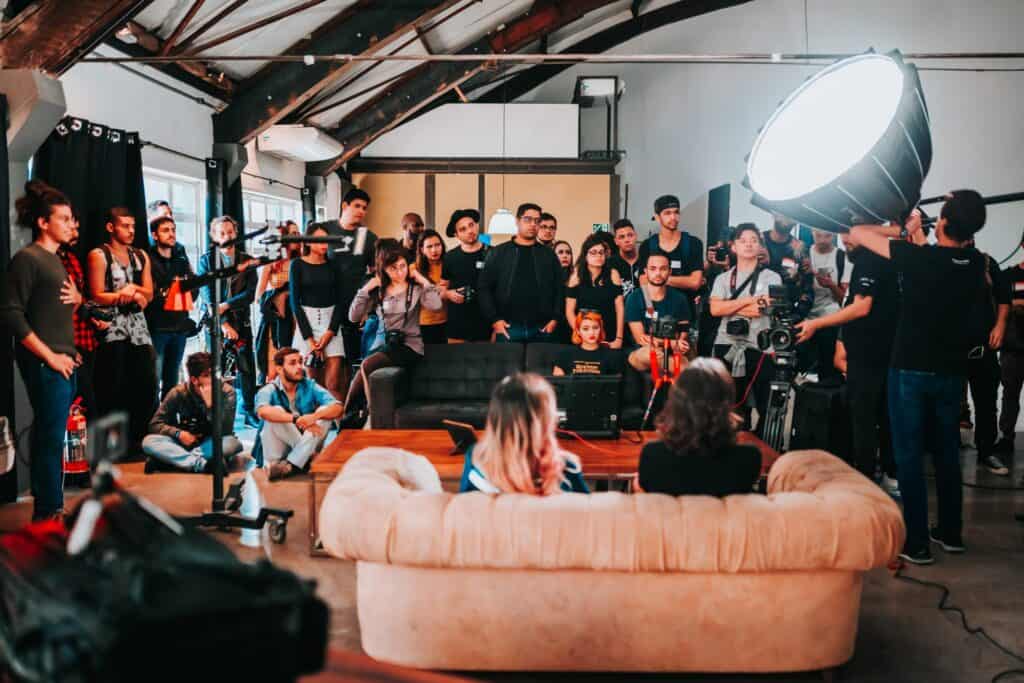Women in the event management industry have a lot to worry about: weather for outdoor venues, balancing guest needs with supply expenditure, organizing acts and presenters, and much more (what do event planners do?). However, expecting equal event planning jobs salary and respect to match shouldn’t need to be on those virtually endless to-do lists. Unfortunately, securing both remains a persistent issue that requires an unprecedented amount of attention, innovation, and female empowerment organizations to remedy.
The Gender Pay Gap In Event Planning
When looking at event planner salary inequality, one of the biggest hurdles to clear is getting help and support from those that actually benefit from it. Without personally feeling the pinch of an arbitrarily-smaller paycheck, male event planners might be tempted to brush the issue off as anecdotal evidence. Not only is the issue a real one, but it also goes several layers deep, making gender pay gap reasons an uphill battle to uproot:
- Societal Inequality: There is a psychological concept called emotional labor that puts undue pressure and expectation on an individual if they are female. Examples of this in the workplace include the unspoken expectation that a woman will obtain and signature-circulate a thank you or bereavement card if the situation calls for it, will notice and order office supplies that run out (even if it isn’t her job), or will clean up the dishes after a work potluck.
This may be overt – a boss asking a female subordinate over a male one – or it may simply be invisible pressure and expectation from the workplace as a whole. In terms of pay, it translates to the expectation for women to “do more” in order to earn their base salary or invoice payment; this is a particularly troubling trend in the “add-on” reality of event planning. Without checks in place, a female event planner could find herself pressured to do for free what a male event planner has no problems charging extra for.
- Salary Inequality: Men, on the whole, have a higher average salary than female peers of the same level of education, job description, and experience. This phenomenon is called the gender pay gap – and it’s responsible for women earning less: according to labor statistics, anywhere from 20-25% less than male counterparts, simply because of their gender. This gap is found across industries, job opportunities, and management levels in the United States, and has been for decades. While it is getting better, it’s doing so at an extremely slow pace, made all the more difficult by rising costs of living.
- Freelancer Inequality: In addition to the gender pay gap in traditional work environments, the freelancer pay gap is also in play. Freelancers commonly work solo and thus are far less likely to be able to discuss and compare pay rates with peers. This relative isolation leads to the gender pay gap growing unchecked from job to job and client to client. The 25-30% figure balloons to 32% or more, positioning female event planners to make 68 cents to every dollar earned by the male industry peers.
- Gender Inequality: Event planning is, by nature and definition, a completely gender-neutral career. That isn’t to say there aren’t a handful of exceptions – religious restrictions for some communities, safe-space considerations for others – but generally, any appropriately-skilled event planner can create an amazing experience. Women, however, are often “mentally sorted” into roles like wedding planning, while men are handed the responsibilities of networking and business-culture events.
While there are a number of driving reasons at play, one of the most notable is the most obvious: decision-making (and budget-holding) “C-Suites” of executives tend to be male, and thus tend to hire men out of subconscious habit, preference, or plain old sexism. While the reverse is also true (e.g., wedding planner roles tend to be filled by women), the issue has an outsized impact on female event planners and event coordinators. Weddings generally happen once, but annual or monthly work events offer a considerably more stable flow of revenue.
Why Fixing The Gap Is Crucial?
With consideration for those aforementioned event exceptions in mind, one of the best ways to close the gender gap is to increase the association of women in event spaces. That means not only reaching out with attendance efforts in female-rich communities and targeting female attendees, but stacking keynotes, presenters, and panels with representation as well. While it’s not a foolproof solution, it decreases the likelihood of an “echo chamber” effect when it comes to an all-male committee hiring an event planner.
Panels, in particular, are susceptible to this effect. A table full of male opinions and voices normalizes the idea that there isn’t and shouldn’t be a space for female ones, particularly when it’s habitual across the span of an event. Female event planners become hesitant to point out these problematic “manels” out of concern they’ll come across as shrill or political to their client(s) and lose business. The cycle repeats, and female attendance dips over time, further compounding the problem.
Events, particularly business-related conventions, are a microcosm of their respective industries. When an attendee views the speakers, vendors, and general demographics of the crowd, the absence of women both in front of and behind the scenes sends a clear message: this is not a female-friendly space. Seemingly small issues like sexist jokes thrive unchecked, and that mindset travels back to the office, well after the close of the event.
How Can I Support Gender Equality At My Event?
Planning and hosting an event with an eye towards gender equality is an effort that can be supported on every level of an organization. If you aren’t sure where to start, here are a few helpful tips:
Employees and Support Staff:
- Discuss the achievements of women in your field and support female coworkers by eliminating (or taking on, if you are male) expectations of emotional labor. The shift in mindset begins with small steps at “home,” which will make those same steps more familiar on a larger scale at an event.
- Proactively offer ideas for female presenters, experts, and panel-members in your respective field, well before the event. Call out instances where they are expected to “do more for less” – e.g., paying for their transportation/lodging at the event when male speakers are not.
Event Staff:
- If you are in a position to speak with attendees before or during the event, encourage them to attend panels and speaking events with female presenters, emphasizing those experts’ portfolios of achievements rather than their gender.
- If you are preparing IT-related items (e.g., slideshows, videos) for a presenter, let them set the tone in terms of their grasp of technology. Avoid condescending explanatory language or “taking over” prep from a female presenter who hasn’t asked for it. This may seem like common courtesy, but it’s a surprisingly common issue.
Decision-Makers:
- Eliminate names from proposals for event planners, providing them as “Option A/B/C” and so on, with only pertinent details like experience and capabilities highlighted. This will allow a blind choice based only on skills, rather than tinged or guided by inherent gender bias.
- Suggest that an event budget for a planner be created before selection, rather than selecting a planner based on their projected costs. This will help eliminate consistent undervaluing of services based on gender and reinforce event planning salary equality.
- Support the professional growth of a female event planner by offering a letter of recommendation, positive review, or referral to industry peers after the end of a successful event. This effort will give her more legitimacy and marketing for her brand and may help get a proverbial “foot in the door” in male-dominated industries.
CEOs and C-Suite Executives
- Proactively ask and listen to female opinions on both the event planning and event attendee makeup to ensure that everyone has a “seat at the table.” Your employees will follow your tone, which is why it’s important to be extremely mindful as you discuss these concepts.
- Foster and develop gender equality “at home” with periodic audits of your workforce and attitudes. If your workforce is primarily male, critically examine your hiring practices and ask yourself sincerely if your workplace is a female-friendly one.
- If your support staff is revealing the gender of your potential event planner proposals (or employees), ask them to present only achievements and work history/experience to keep any subconscious gender-bias in check.
Event Production companies like Vario are leading the change by diversifying their workforce. They have an almost equal representation of men and women across all teams of their business, from sales to operations. Vario recognizes that it is important to neutralize the gender gap not only to be respectful of women but also to have a stronger, more versatile workforce. Remember, gender bias in conventions isn’t always easy to spot or obvious, but failing to neutralize it will perpetuate a gap in both salary and respect for the hard-working individuals that deserve every dollar they earn, rather than an arbitrary 68% of it.







